Robert Owen Memorial Primary School
Winner: Most Innovative Solution 2023
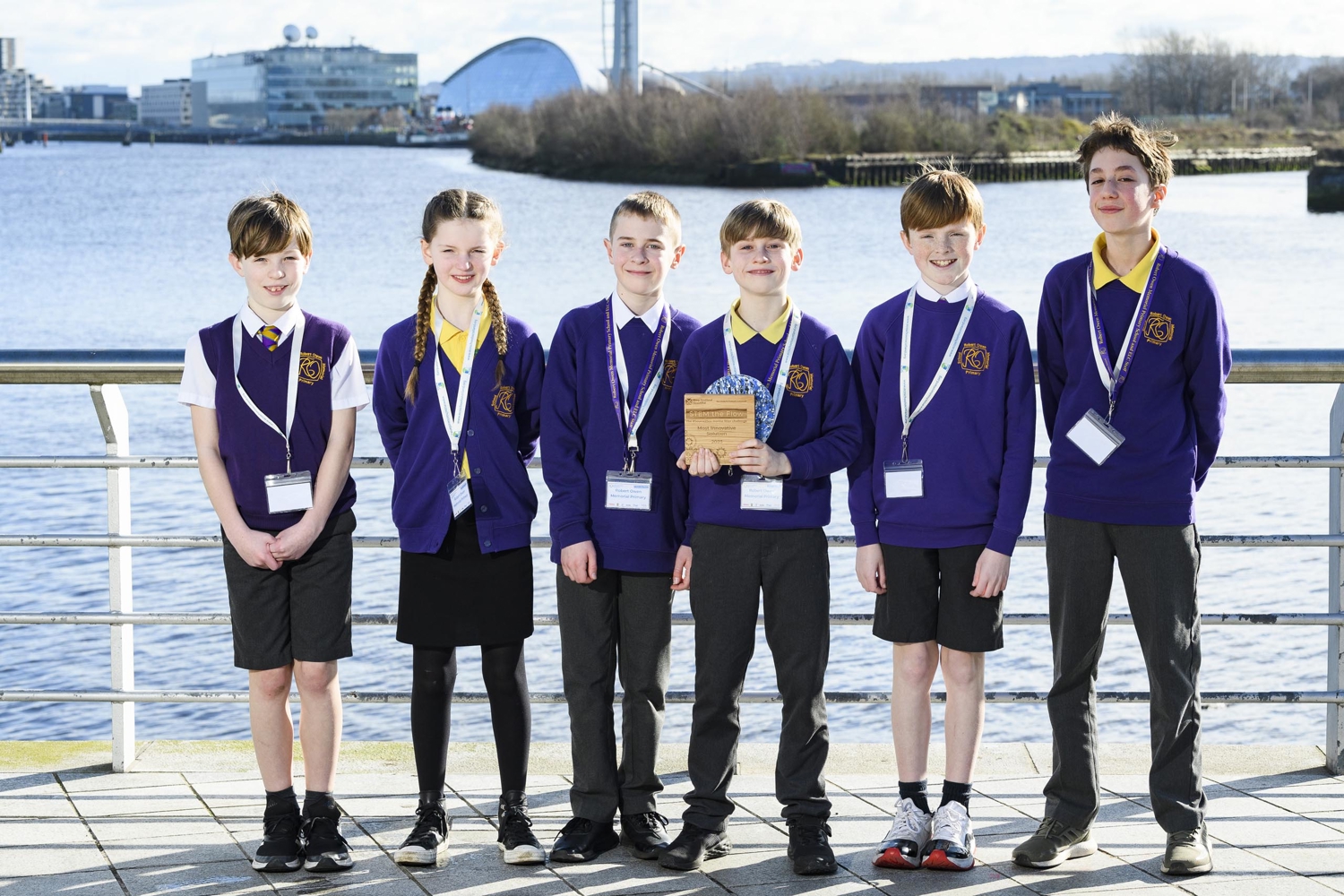
The Pollution Police Team thought it was important to take part in this project as they strongly believe that plastic pollution must come to an end.
At their first team meeting, they decided to come up with a team name logo. They wanted to incorporate the meaning of STEM into their logo and the 'Pollution Police' was a name they just couldn't
turn down!
The Pollution Police is a group of pupils that care deeply for the wildlife that live in the River Clyde and in our oceans. They are all lucky enough to live near New Lanark and the Falls of Clyde which are managed by the Scottish Wildlife Charity.
The Falls of Clyde are situated in one of the hotspots where lots of plastic pollution is sadly found. This plastic pollution makes its way into the
River Clyde.
The team met most Thursdays after school with targets to achieve in each session. Pupils carried out a lot of research about the River Clyde and their local area and how both are affected by plastic pollution. They couldn't believe that all the plastic bottles and marine pollution that can
be harmful to wildlife in the ocean could have started in their own town because of the litter pollution travelling downstream.
They started thinking about a device that could be used to get rid of litter already in the River Clyde to prevent it from going any further. As they all live near the beginning of the river they believed it would be best to base their invention there.
The Pollution Police met with a community group called The Lanark Wombles - a litter picking team whose aim is to make Lanark litter free.
Pupils interviewed a member of the group and she told them about the importance of taking part in the group and the
different missions that go on such as monthly road litter picks,
neighbourhood picks and community litter picks in areas of high litter density.
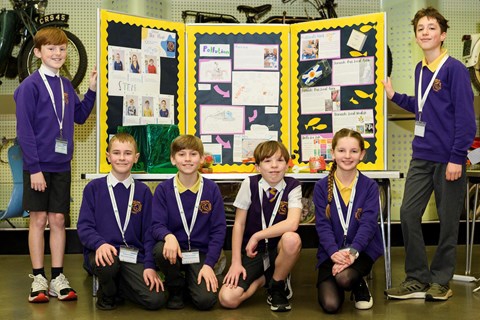
The group then created a Shrimp Mobile and Crab Mobile design of two solar powered drones that scour the riverside for dropped litter and collect it for recycling.
The crab mobile has metal claws that dig up all the litter and plastic pollution that falls to the ground. This is then followed by the shrimp mobile which sucks up the rubbish.
The Shrimp Mobile follows behind and collects all the litter dug up by the crab mobile. The shrimp mobile also has a special detector and filter on the top to clean up any cotton buds which can be particularly harmful. Both models are charged by solar panels from the machine that is attached the 'rubbish transport tube'.
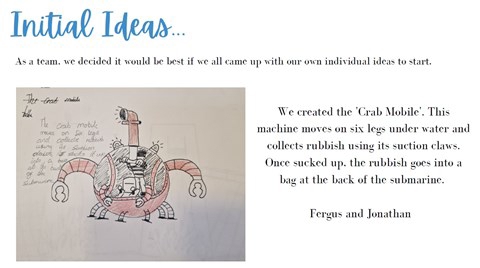
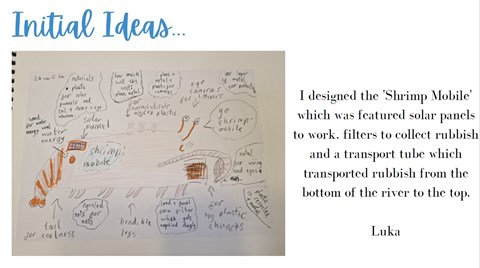
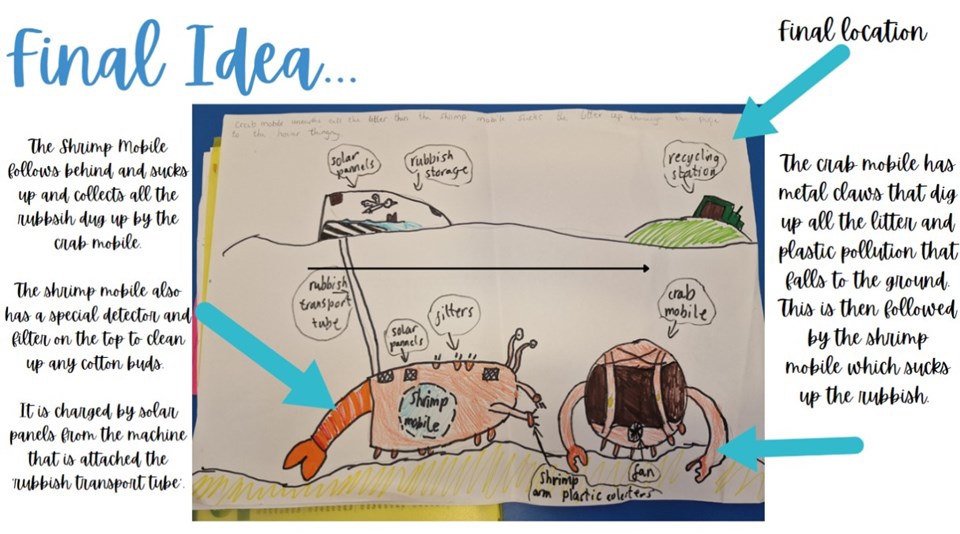
We were shocked to find out that up to 12.7 million tonnes of plastic gets into the sea every year- that's a truck full of litter every minute! As 80% of all marine litter comes from land, we know we need to face this problem by addressing the issue at its source.



